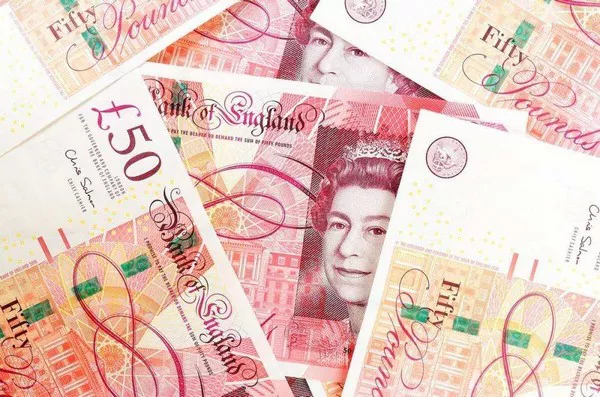The British Pound, also known as the pound sterling or simply the pound, is the official currency of the United Kingdom and its territories. Abbreviated as GBP, it is one of the world’s oldest and most widely traded currencies, with a rich history dating back over 1,200 years. In this article, we will explore what GBP stands for, its history, value, and various factors that affect its exchange rate.
What Does GBP Stand For?
GBP stands for Great British Pound, which is the official currency of the United Kingdom. The currency is also commonly referred to as the Pound Sterling or simply the Pound. The symbol used to represent the Pound is £, which is derived from the Latin word libra, meaning “a pound weight.”
History of the Pound Sterling
The history of the Pound Sterling can be traced back to Anglo-Saxon England in the 8th century when silver pennies were first introduced as a form of currency. Over time, the penny evolved into the shilling, and then into the pound. The Pound Sterling became the official currency of England in the 13th century and was later adopted by Scotland in the 17th century. Following the Acts of Union in 1707, the Pound Sterling became the official currency of the new Kingdom of Great Britain.
In the 19th and early 20th centuries, the Pound Sterling was the dominant global reserve currency due to Britain’s economic and military power. However, after World War II, the United States became the dominant global economic power, and the US dollar replaced the Pound Sterling as the world’s leading reserve currency. Today, the Pound Sterling remains one of the world’s most traded currencies, and its value is closely watched by investors and traders around the globe.
Value of the Pound Sterling
The value of the Pound Sterling is determined by a range of factors, including the strength of the UK economy, inflation rates, and political stability. The exchange rate between the Pound Sterling and other currencies is constantly fluctuating, and can be affected by a wide range of economic and geopolitical events.
In recent years, the value of the Pound Sterling has been impacted by Brexit, the UK’s decision to leave the European Union. Following the Brexit referendum in 2016, the Pound Sterling fell sharply against the US dollar and the euro, amid uncertainty about the UK’s future economic relationship with the EU. Since then, the value of the Pound Sterling has continued to fluctuate depending on the progress of Brexit negotiations and other economic indicators.
Factors Affecting the Exchange Rate
The exchange rate between the Pound Sterling and other currencies is determined by supply and demand in the foreign exchange market. Various factors can affect the supply and demand of currency, which in turn affects its exchange rate. Some of the key factors that can impact the exchange rate of the Pound Sterling include:
- Economic Indicators: Economic indicators such as inflation rates, GDP growth, and interest rates can all affect the value of a currency. Positive economic data can strengthen a currency, while negative data can weaken it.
- Political Stability: Political instability or uncertainty can cause investors to lose confidence in a country’s economy, leading to a decrease in demand for its currency.
- Geopolitical Events: Geopolitical events such as wars, natural disasters, and pandemics can also affect the value of a currency.
- Central Bank Actions: The actions of a country’s central bank, such as changes to monetary policy or interest rates, can impact the exchange rate of its currency.
Conclusion
GBP stands for Great British Pound, which is the official currency of the United Kingdom. With a rich history dating back over 1,200 years, the Pound Sterling is one of the world’s oldest and most widely traded currencies. Its value is determined by a range of factors, including economic indicators, political stability, and central bank actions. While the Pound Sterling has faced significant challenges in recent years due to Brexit, it remains a major global currency, closely watched by investors and traders around the world.


